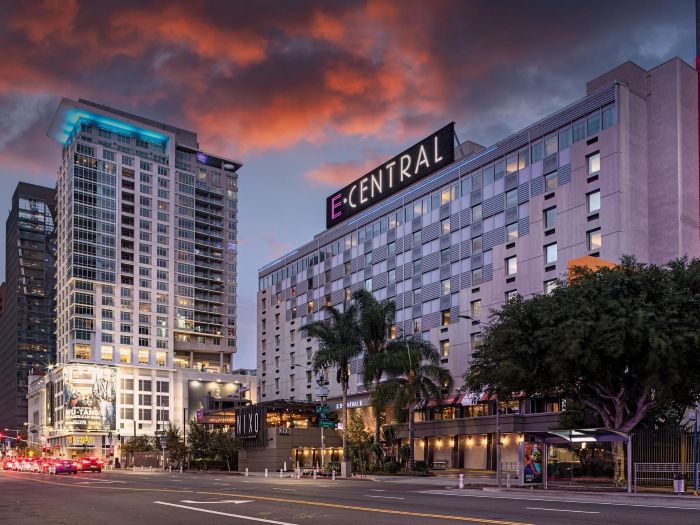Los Angeles Hotels Warn of Economic Fallout as Minimum Wage Hike Threatens Industry Stability
Hotel operators across Los Angeles are pushing back against a newly passed city ordinance that would raise the minimum wage for hotel workers to $30 per hour by 2028. The wage increase, approved by the Los Angeles City Council, has sparked concern throughout the local hospitality industry, with many warning it could severely disrupt operations and lead to widespread job losses.
The new law requires annual wage increases of $2.50, placing added pressure on an industry already struggling with the financial toll of the pandemic and a still-recovering tourism sector. While Los Angeles is preparing to host several high-profile global sporting events—including the Olympics, FIFA World Cup, Super Bowl, and the NBA All-Star Game—hoteliers argue that even these events won't be enough to absorb the rising costs.
Among the most vocal critics is Raymond Beccaria, a partner at Hotel Angeleno in West Los Angeles, who emphasized the broader consequences of the ordinance. “Hotels don’t just fuel tourism. They support local workers and their families,” he said, warning that the regulation may force many businesses to the brink of closure. “Our hope is we can keep our doors open and survive this new challenge for the next generation.”
Beccaria, whose hotel has long been seen as a community anchor, revealed he was forced to halt a planned $10 million renovation due to the added financial burden. “You’re going to have a lot of hotels in Los Angeles that will become run down,” he said, expressing concern that upkeep and modernization efforts would be among the first casualties.
Jon Bortz, CEO of Pebblebrook Hotel Trust, which owns nine hotels in the region, echoed those sentiments. While he would like to sell some properties to offset costs, he claims there’s no market for buyers under the current economic climate. “But nobody will buy them,” he stated, underscoring the sharp decline in investor interest due to increasing labor expenses.
In response to the ordinance, the American Hotel and Lodging Association (AHLA)—a national coalition representing the airline, tourism, and hospitality industries—launched a petition aiming to block the wage hike. Garnering over 140,000 signatures, the petition has now cleared the threshold required to place the issue on the 2026 state ballot, giving California voters the chance to decide whether the measure should be repealed.
According to a letter the AHLA sent to Mayor Karen Bass in May, the wage hike was passed despite efforts by the industry to collaborate with lawmakers. “Our industry was largely ignored,” the organization wrote, stressing that negotiations were sidelined during the legislative process.
The AHLA pointed to assessments from the Los Angeles Chief Administrative Officer and the CEO of Los Angeles World Airports, both of whom forecast “dire economic” consequences for the city’s already fragile tourism economy. The letter warned of an "economic tsunami" caused by the wage hike, predicting falling occupancy rates, increased layoffs, a loss of more than $169 million in tax revenue, canceled hotel developments, and the elimination of discounted hotel rates for the 2028 Olympic and Paralympic Games.
Tourism has historically been one of Los Angeles’ most profitable industries, contributing more than $40 billion in local business sales and supporting over 540,000 jobs. But hotel leaders argue this success is now at risk. They maintain that the sweeping wage increase, though well-intentioned, may cause far more harm than good without a comprehensive plan to sustain the businesses at the heart of the city’s economic engine.
As the hospitality industry braces for what could be its most significant labor cost shift in decades, operators remain hopeful that voters will offer a path forward that balances fair wages with long-term economic sustainability.

COMMENTS (0)
Sign in to join the conversation
LOGIN TO COMMENT